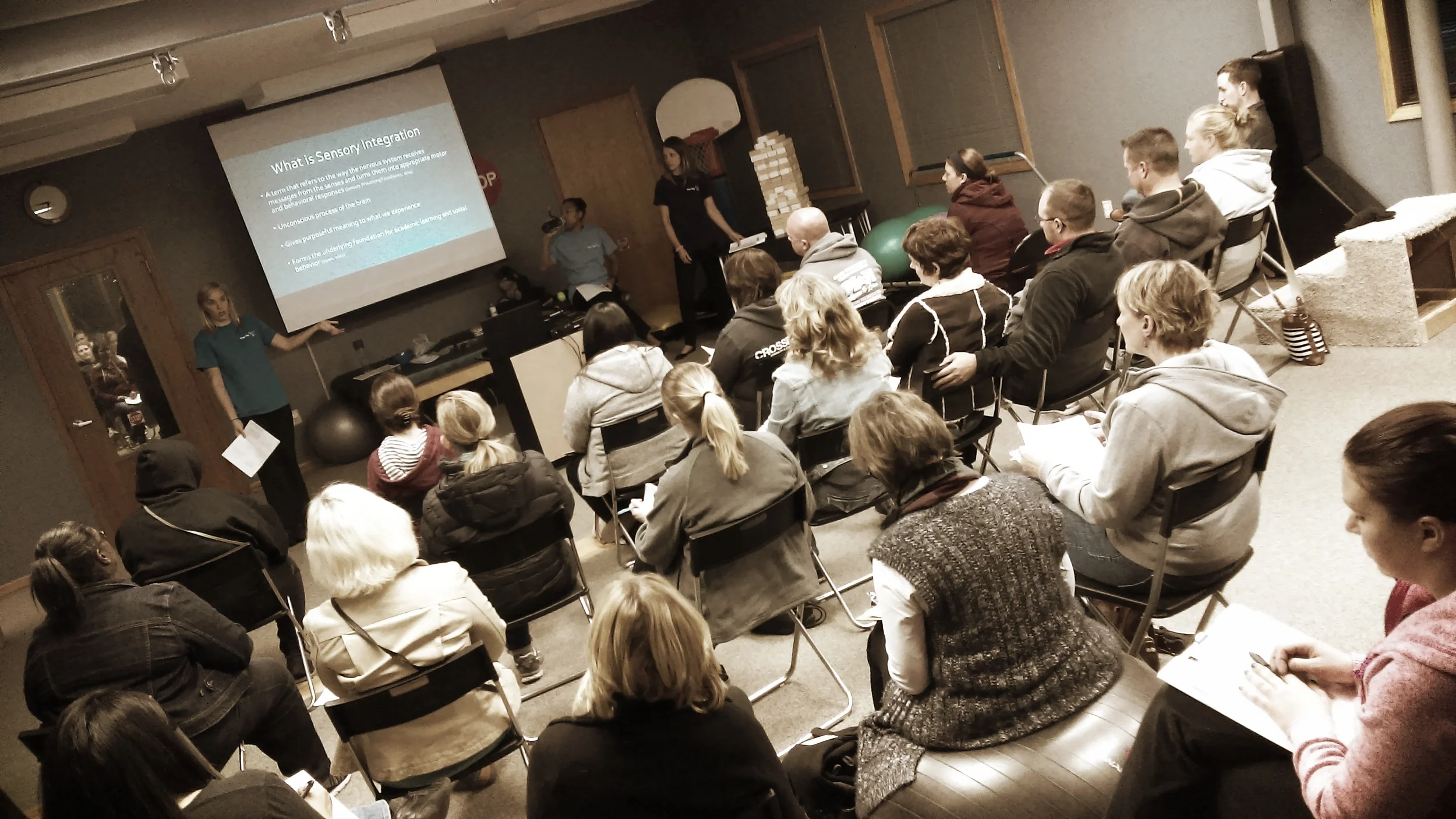May is Mental Health Awareness Month
/Mental Health Awareness Month continues throughout May. Although we can focus all year-round on mental health, May is specifically highlighted to help people recognize the ways mental illness impacts their lives, educates people about available services, and illustrates ways to advocate—even if they don't have a mental illness.
Recognition and education are important ways to remove the stigma associated with mental illness. Mental Health Awareness Month creates a time and space to start a conversation. Talking openly about mental health can reduce the misconceptions, stigma, and can encourage those who are suffering to seek help and find a support network.
It's important for caregivers, friends, and loved ones to understand the impact that mental health has on daily life. When people are better educated on these conditions, they can better support and help someone dealing with a mental health issue.
It’s equally important for each of us to take care of our own mental health and prioritize this in order to assist others who may need extra TLC. When we’re our best, we can be in a position to serve and/or hold space for others. Here are 8 ways we can focus on our mental health:
1. Look after your physical health: This not only includes drinking plenty of water, eating a balance diet and making room for quick movement breaks; walks or full-on excise routines. Getting 7-8 hours of sleep per night is essential for concentration, focus and generally moving through our days. We problem-solve better with adequate sleep and rest. A power nap of 10-20 minutes is known to reduce fatigue and boost our attention and focus.
2. Do activities you enjoy: Engaging in activities you enjoy boosts our dopamine levels, known as the “doing/motivation hormone” Whether it’s listening to music, movement activities, playing outside, we can bring our dopamine levels up to feel better – even if it’s for a short amount of time.
3. Connect with others / seek professional Help: Connecting to other individuals helps us to build a sense of belonging and self-worth, provides and opportunities to share positive experiences and provides emotional supports, as well as supporting the other person. If we find we need additional supports, as our friends/loved ones cannot provide the type of support we need, it may be time to find a professional for extra support and help.
4. Find new ways to learn and be creative: learning a new hobby or skill boosts brain function as we’re learning a novel activity. The brain is plastic, meaning ever-expanding and is capable of growing new neural pathways. This is called neuroplasticity. Novel experiences stimulate the brain’s ability to adapt and rewire itself. This can lead to increased cognitive flexibility and improved mood regulation. Additionally, this can help with breaking the cycle of negative thought patterns and depression.
5. Try to relax and reduce stress: Easier said than done. Finding ways to reduce our stress is imperative for our mental health. It might be changing a habit, the environment, a routine to reduce our stress. Activities such as deep breathing, progressive relaxation techniques, meditation/quiet time, journaling and movement or avenues to go about reducing our stress. We can find new ways to turn of the thinking brain to ground ourselves and get into the physical body.
6. Spend time in nature / Pay attention to the present moment: Being in nature or having access to green space, parks and other outdoor playgrounds, promote a sense of relaxation, restoration and sense of calmness. Rhythmic brain activities (such as running, walking) indicates better attention, higher functional connectivity and altered sensory processing. Spending time in nature is known to help reduce anxiety and depression.
For additional supports and resources, please visit:
https://www.nami.org/get-involved/awareness-events/mental-health-awareness-month/
https://www.health.state.mn.us/communities/suicide/documents/mhawarenessmonth.pdf
https://www.nimh.nih.gov/get-involved/digital-toolkit-for-mental-health-awareness-month

